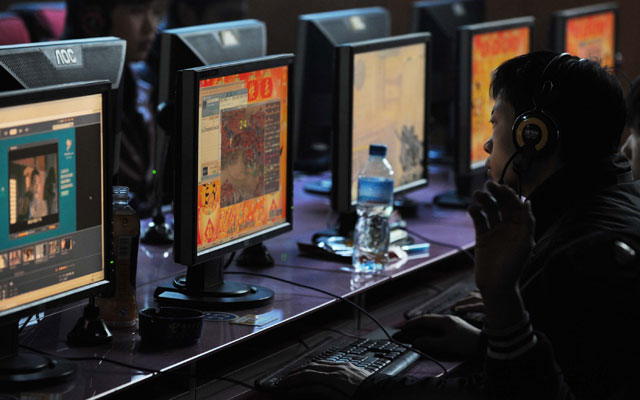Chinese hackers have infiltrated the popular Internet messaging service Skype. The hackers have modified the operation of Skype so that the Skype programs on Chinese computers all have keyword systems to identify when the citizens use forbidden words, according to Jeffrey Knockel, a computer science researcher at the University of New Mexico.
The forbidden list includes phrases like “Human Rights Watch” and “Amnesty International,” as well as “BBC News” and “723” (the date—July 23, 2011—of a train crash that killed 40). The list is updated daily—and when someone uses a prohibited word a copy of his message is automatically sent to Chinese censors.
In America, we often worry—sometimes appropriately, sometimes needlessly—about the advent of Big Brother. In China, Skype is helping to make Big Brother a sad reality. The Chinese people deserve better.
This is not the first instance of Chinese hacking. Just two weeks ago, Mandiant (an American cybersecurity company) reported that a unit of the Chinese army had been responsible for hacking more than 140 Western companies.
American companies are not the only ones vulnerable to Chinese hacking. Indeed, the Chinese people are far more at risk than American businesses. The Chinese have supported changing the way the Internet is managed and governed so that they have more influence. Unless and until China respects the core values of Internet freedom, the Obama Administration should continue to oppose such censorship.
